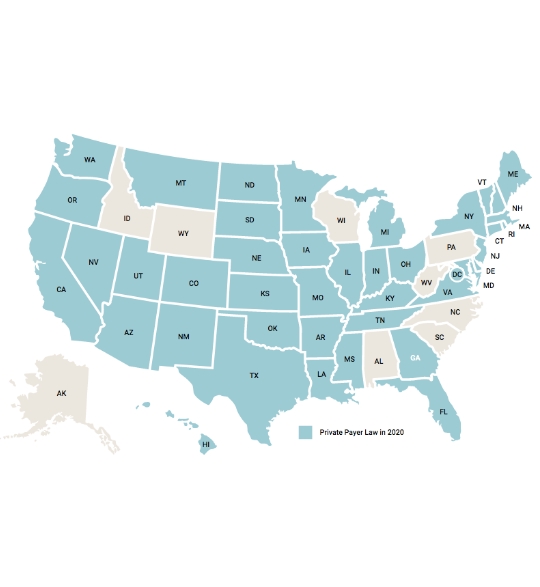What Is Telepsychiatry
Telemedicine is the process of providing health care from a distance through technology, often using videoconferencing. Telepsychiatry, a subset of telemedicine, can involve providing a range of services including psychiatric evaluations, therapy (individual therapy, group therapy, family therapy), patient education and medication management. Telepsychiatry can involve direct interaction between a psychiatrist and the patient. It also encompasses psychiatrists supporting primary care providers with mental health care consultation and expertise. Mental health care can be delivered in a live, interactive communication. It can also involve recording medical information (images, videos, etc.) and sending this to a distant site for later review.








